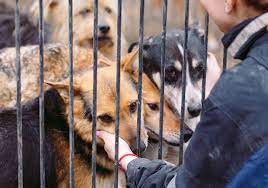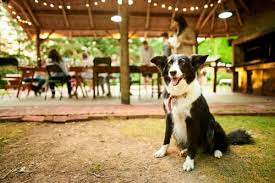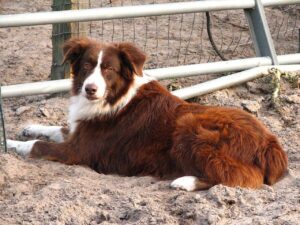As devoted pet owners, we often find ourselves wondering about the suitability of various human foods for our canine companions. One common question that arises is, “Can dogs have animal crackers?”
In this comprehensive blog post, we’ll delve into the ingredients, nutritional aspects, and potential risks associated with feeding animal crackers to dogs.
Table of Contents
ToggleUnderstanding the Ingredients
To determine whether animal crackers are safe for dogs, it’s essential to examine the ingredients. Animal crackers typically consist of basic components such as flour, sugar, oil, and flavorings.
While some of these ingredients might not be harmful in moderation, others can pose potential risks to your furry friend.
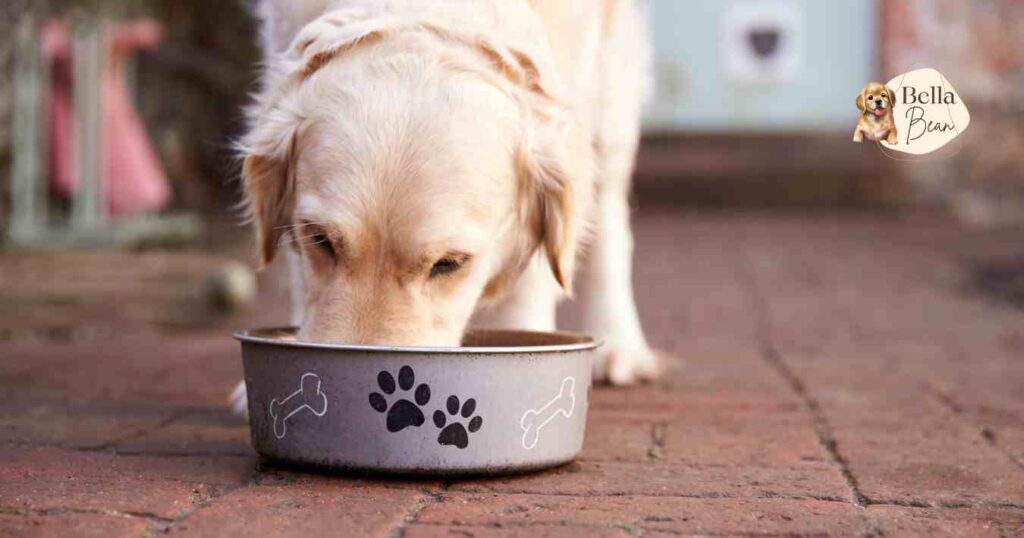
Nutritional Analysis
Let’s break down the nutritional content of typical animal crackers:
- Flour: Animal crackers are primarily made from refined flour, which lacks the essential nutrients found in whole grains. Dogs require a balanced diet with a variety of nutrients, and treats like animal crackers may not contribute much to their overall nutrition.
- Sugar: Many animal crackers contain added sugars, which can lead to health issues such as obesity and dental problems in dogs. Excessive sugar intake is best avoided in canine diets.
- Oil: Some animal crackers may contain oils that are high in fat. While dogs need a certain amount of healthy fats in their diet, excessive fat consumption can lead to pancreatitis and other health issues.
- Flavorings: Artificial flavorings and additives in animal crackers may not agree with your dog’s digestive system. Dogs are known for their sensitive stomachs, and introducing new ingredients can sometimes lead to gastrointestinal upset.
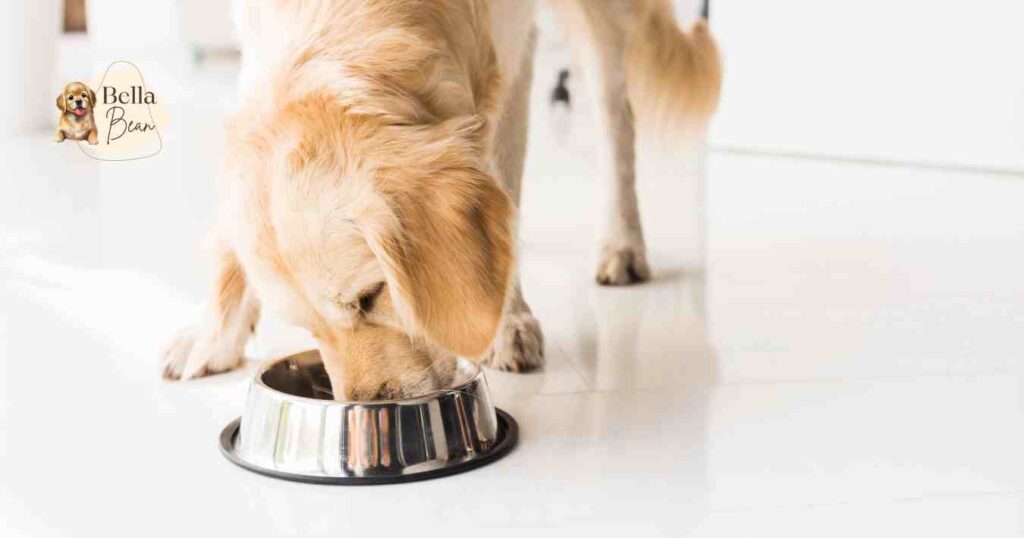
Potential Risks
- Obesity: Treats like animal crackers, which are often high in empty calories, can contribute to obesity in dogs if given excessively.
- Digestive Issues: The ingredients in animal crackers, especially if unfamiliar to your dog’s digestive system, may lead to stomach upset, diarrhea, or other digestive issues.
- Allergies: Dogs can develop allergies to certain ingredients. If your dog has any known allergies, it’s crucial to check the ingredients list for potential allergens in animal crackers.
Safe Alternatives
While animal crackers may not be the healthiest treat option for your dog, there are plenty of canine-friendly alternatives available.
Consider treats specifically formulated for dogs, incorporating natural ingredients and designed to meet their nutritional needs.
Conclusion
In conclusion, while it’s tempting to share our snacks with our dogs, it’s crucial to be mindful of the ingredients and potential risks associated with certain human foods. When it comes to animal crackers, moderation is key. If you’re unsure about whether a particular treat is safe for your dog, it’s always best to consult with your veterinarian.
Remember, the health and well-being of our furry friends should always be a top priority, and informed decisions about their diet contribute to a long and happy life together.
FAQ’s
What crackers are OK for dogs?
Plain, unsalted crackers in moderation are generally safe for dogs. However, it’s essential to avoid crackers with added seasonings, spices, or high salt content.
What if my dog accidentally ate crackers?
If your dog consumed a small amount of plain crackers, it is likely not harmful. Monitor for any signs of digestive upset, and contact your veterinarian if you notice unusual symptoms or if the crackers contain harmful ingredients.
What foods can dogs not eat?
Dogs should avoid foods like chocolate, grapes, raisins, onions, garlic, caffeine, alcohol, and anything sweetened with xylitol. These can be toxic and lead to severe health issues. Always consult your veterinarian if you suspect your dog has ingested something harmful.


![The Ultimate Guide to Road Tripping with Your Dog [2025 Update]](https://bellabeanupdate.com/wp-content/uploads/2025/05/pexels-photo-1143369-300x209.jpeg)





















